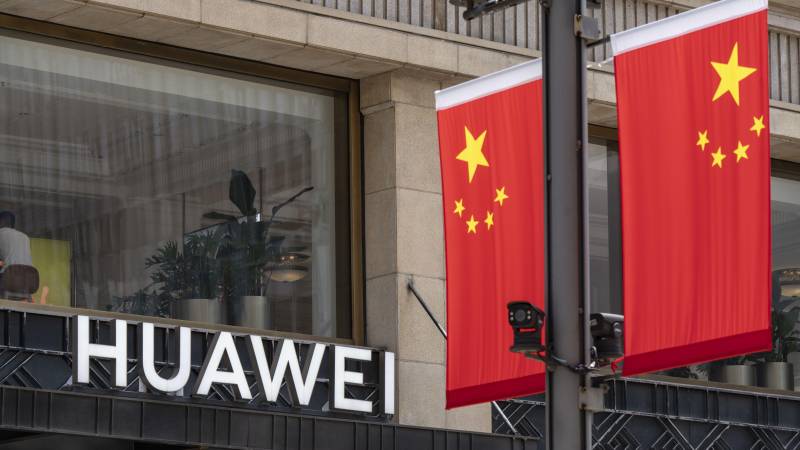
The US government has announced that it has revoked licenses that allowed US chip manufacturers to export certain products to Chinese technology company Huawei.
The move from the Department of Commerce comes on the heels of Huawei releasing an AI-enabled laptop, the Huawei Matebook X Pro, which is powered by Intel’s Ultra line of 14th generation mobile processors.
In a statement, a spokesperson from the Department of Commerce said that “We continuously assess how our controls can best protect our national security and foreign policy interests, taking into consideration a constantly changing threat environment and technological landscape… As part of this process, as we have done in the past, we sometimes revoke export licenses.” While they declined to comment on which specific licenses were revoked, they did “confirm that we have revoked certain licenses for exports to Huawei.”
This is not the first time that Huawei has been targeted by US export restrictions. In 2019, the Trump administration added the company to the “entity list,” which meant that all US companies exporting certain technology products to the Chinese company would need a license from the government. The move was motivated by fears that the Chinese military could get its hands on advanced American technology.
Huawei’s smartphone division took a sales nose dive in 2019 owing to a ban on the company from using Google’s Android operating system and the Google Play suite of applications such as the Gmail, Maps and YouTube. At the time, the company was the second largest manufacturer of smartphones globally. After the ban took effect, the company slid out of the top five global manufacturers of smartphones in 2021, and in 2024, the company does not even feature in the top ten.
The company has recently seemed to bounce back from many of the US export restrictions, with the launch of the Mate 60 Pro smartphone. The phone is powered by an indigenously designed and manufactured processor, the Kirin 9000. Manufactured by SMIC (Semiconductor Manufacturing International Corporation), a partially state-owned company, the processor was deemed competitive with flagship American designed processors from 2018 and 2019. The Huawei Mate 60 Pro was therefore viewed as an indication of China’s indigenous technological prowess, despite Washington’s efforts to hobble its capacity to produce advanced semiconductors.
Sales of the Mate 60 Pro have caused a 64% year on year rise in Huawei’s smartphones sales, with its net profit growing by 144.5% to 87 billion yuan (or approximately $12 billion).
